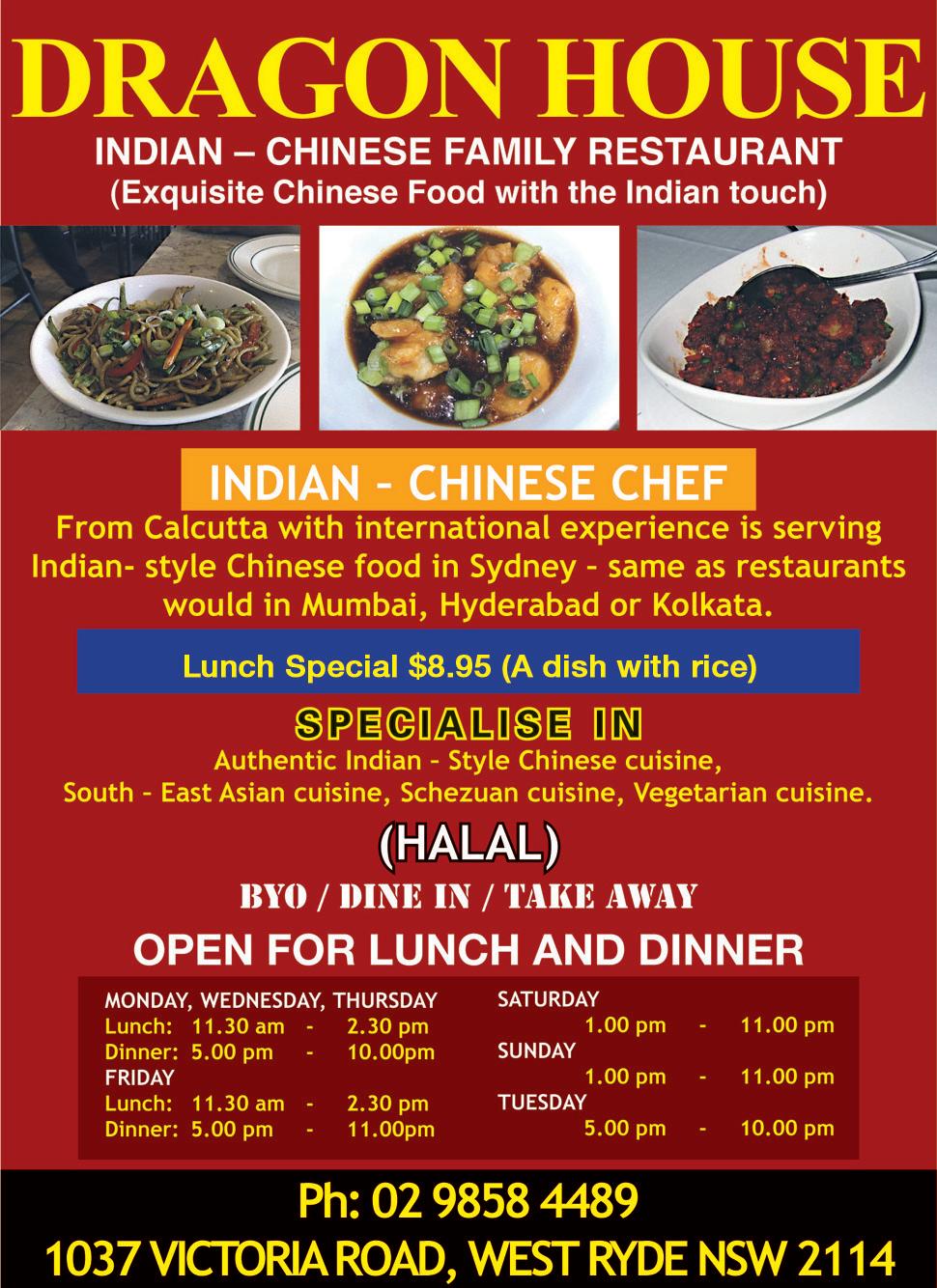
3 minute read
The role of Indian associations
from 2012-02 Sydney (2)
by Indian Link
BY noel g de soUZA
Indian associations in the UK and in Australia are in very dissimilar situations. Take the case of the protest following a recent Top Gear TV program in Britain. Wellknown Member of the House of Commons, Mr Keith Vaz, called for an apology from the BBC for its programme on India by Jeremy Clarkson which was broadcast at Christmas time. Mr Vaz says that that one “ridiculous” programme has damaged a good relationship.
The Indian High Commission in Britain protested about the Top Gear documentary saying that it “was replete with cheap jibes, tasteless humour and lacked cultural sensitivity.” Prior to going to India, the producer had stated that the documentary would involve “spontaneous interaction between the presenters and their environment, and potentially people they meet … in an incidental manner … Key ingredients … will be beautiful scenery, busy city scenes, local charm and colour …”
The Keith Vaz protest has had substantial media coverage and support. In Britain there are Indian members of the House of Commons and Indian peers in the House of Lords. The Indian political constituency is substantial in the UK. There are also some rich Indians (including some mega-rich) who are settled in Britain. The collective Indian clout in Britain is considerable.
There is no comparable political Indian base in Australia. There are no Indian members in the various parliaments and no Indian mega-rich. Therefore, the making of any protest or other statement of importance would be left to either associations or individuals. An individual might get, at best, a letter in a newspaper which might then get ignored. An association might do marginally better.
Because Indian associations are the only mouthpieces of the Indian community in Australia, it is imperative that their role be properly defined. Whilst individuals are free to participate in political parties and express partisan views, associations should be free of political partisanship or else they limit themselves to becoming appendages of political parties. Instead, by being untrammelled by political affiliations, they remain free to give fuller expression to their views on issues which affect Indians, no matter which party is in government.
When the Australian Government lifted its ban on uranium ore exports to India, several Indian associations and newspapers expressed their delight and endorsement. That kind of collective voice is what Indians in Australia need. Given the advantages of political freedom, Indian associations would do well to include a clause in their constitutions that they are not affiliated to any political party.
It is a different story when it comes to exclusively religious associations. Australia, like India, is a secular nation and every religion is free to be practiced here. Numerous associations in Australia cater to the needs of Hindus, Muslims, Buddhists and Christians. Most of these associations are not exclusively Indian as people belonging to these faiths come from different countries.
The major initial hurdle which has been faced by non-Christian groups is the establishment of places of worship. Indian Christians have ample access to places of worship. Whilst this is so, several Indian ethnic groups (like the Goan and Mangalorean) combine ethnicity and religion, and have occasional religious services for their members.
Local municipalities have been generally sympathetic to the need for places of worship, but objections from local residents have often placed considerable pressure on councillors who vote on such development applications. Vociferous campaigns have often been launched against building places of worship not on religious, but often on spurious environmental grounds (like noise or traffic congestion). The associations involved have, therefore, faced uphill battles, several ending in Land and Environment Courts. Indian associations could do well to emulate some of the well-known service organisations which are found in the West such as Rotary, Lions and PROBUS. PROBUS is an acronym for PROfessional and BUSiness; this association focuses on retirees and is promoted by Rotary International. There are around 6,500 clubs world-wide. Several PROBUS clubs exist in Australia (since 1975) and many of these are in Sydney. There are PROBUS clubs in Chennai, Tiruvanathapuram, Hyderabad and Kochi. These clubs are self-governing but follow a model constitution and have a well-defined administrative structure. One of their main principles is neither to promote a political party nor a religion.
Clearly stated objectives will go a long way to promoting transparency in Indian associations in Sydney and in defining their identity and function. It would be desirable to have associations incorporated. For example, in NSW an incorporated association has to follow certain rules such as having a committee and committee members being responsible for keeping accounts, making obligatory returns and having adequate insurance.












